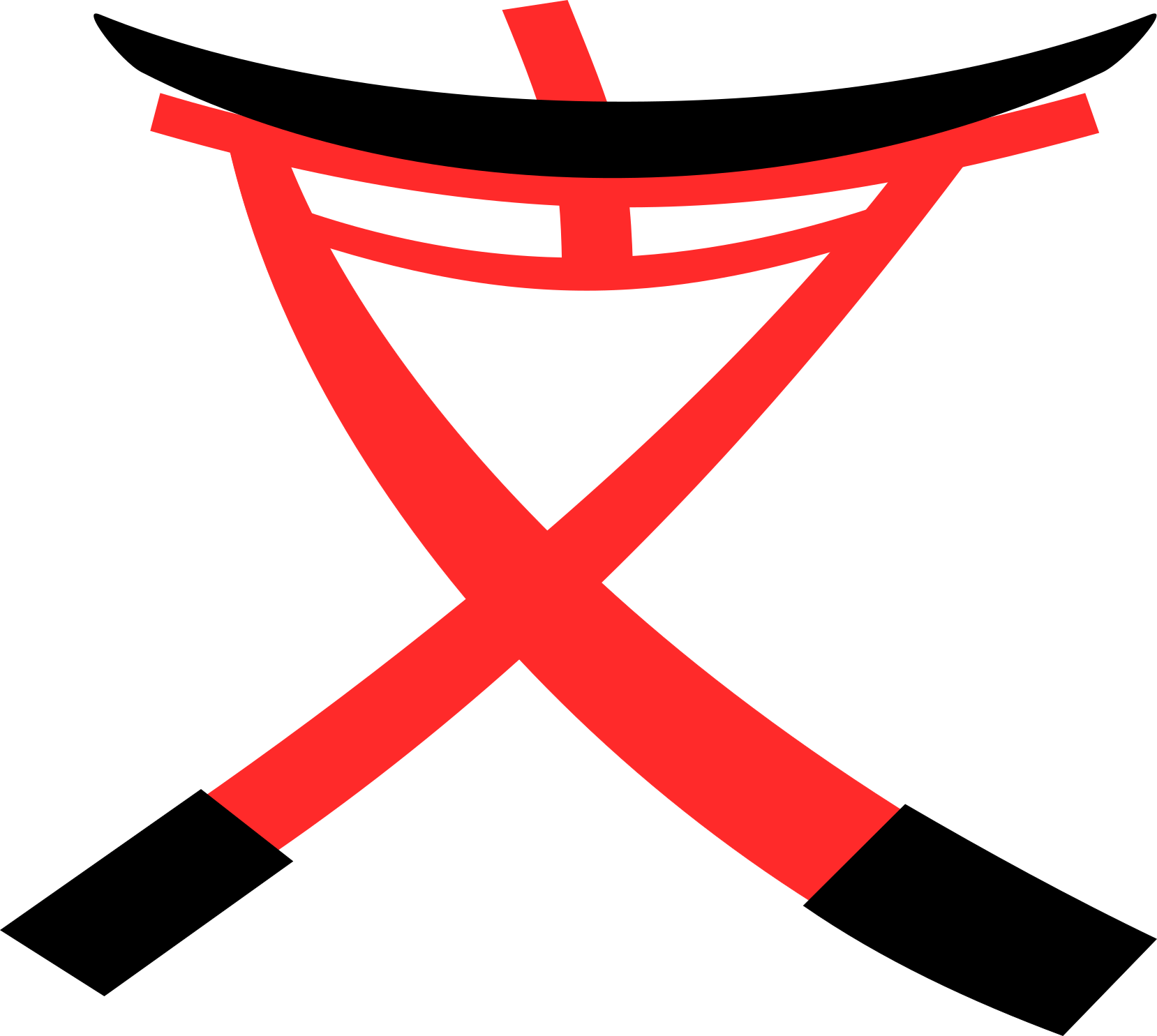Independent Inflectional Words
General Rule 2
Main Rule
Words that include another word in the portion outside the inflectional tail [i.e., in the stem] follow the okurigana rules of the included word. The included words are shown in parenthesis [in the example below].
Goal of this Rule
General Rule 2 is an exception to General Rule 1 intended to ensure that the syllables inside the kanji portion are the same between related words.
Examples:
(1) Words that including verb inflected forms or something similar.
語らう(語る) 計らう(計る) 向かう(向く)
浮かぶ(浮く)
生まれる(生む) 押さえる(押す) 捕らえる(捕る)
勇ましい(勇む) 輝かしい(輝く) 喜ばしい(喜ぶ)
晴れやかだ(晴れる)
及ぼす(及ぶ) 積もる(積む) 聞こえる(聞く)
頼もしい(頼む)
起こる(起きる) 落とす(落ちる)
暮らす(暮れる) 冷やす(冷える)
当たる(当てる) 終わる(終える) 変わる(変える)
集まる(集める) 定まる(定める) 連なる(連ねる)
交わる(交える)
混ざる・混じる(混ぜる)
恐ろしい(恐れる)
(2) Words including the stem of 形容詞 (i-adjectives) or 形容動詞 (na-adjectives).
怪しむ(怪しい) 悲しむ(悲しい) 苦しがる(苦しい)
確かめる(確かだ)
重たい(重い) 憎らしい(憎い) 古めかしい(古い)
細かい(細かだ) 柔らかい(柔らかだ)
清らかだ(清い) 高らかだ(高い) 寂しげだ(寂しい)
(3) Words that include a noun.
男らしい(男) 後ろめたい(後ろ)
Allowance
Syllables outside the inflectional tail can be omitted, as shown in parenthesis in the following examples, in cases where there is no possibility of mistaken readings.
Examples:
捕らえる(捕える) 晴れやかだ(晴やかだ)
積もる(積る) 聞こえる(聞える)
起こる(起る) 落とす(落す) 暮らす(暮す) 当たる(当る)
終わる(終る) 変わる(変る)
Note
The following words are not considered to include the words shown in parenthesis, so they follow General Rule 1:
